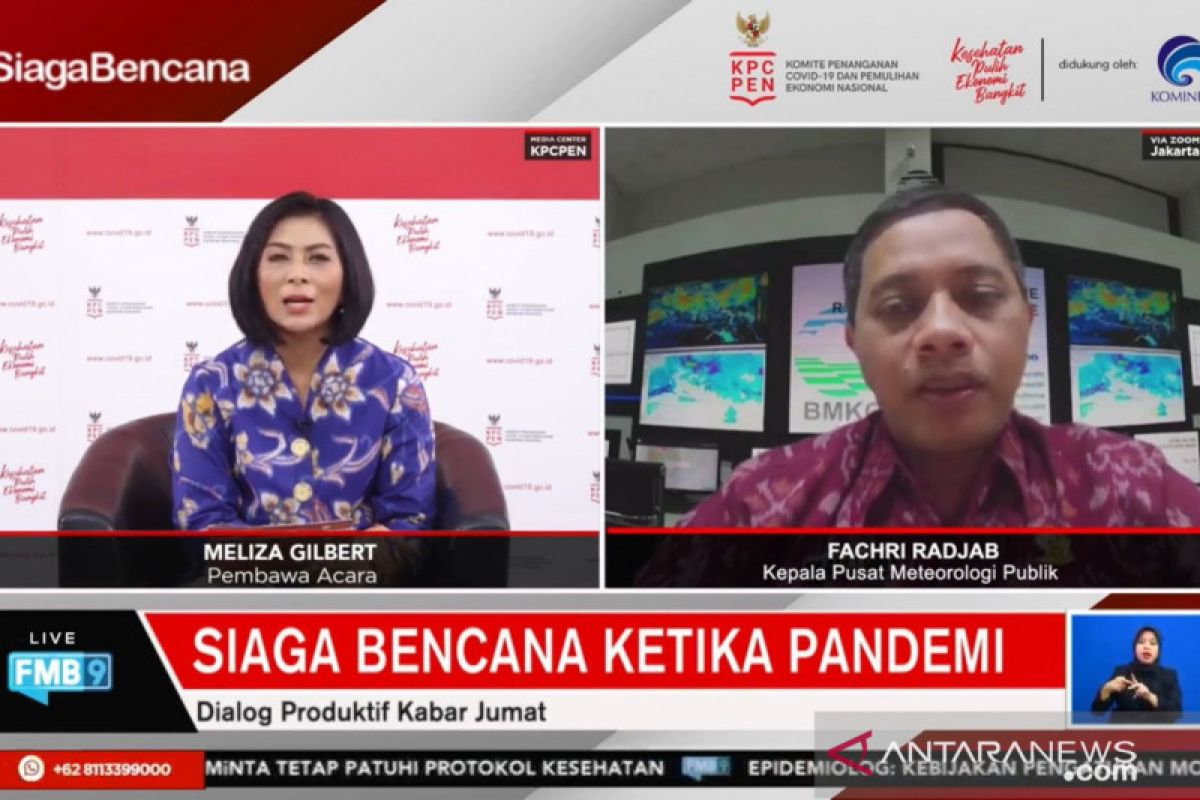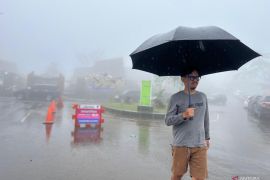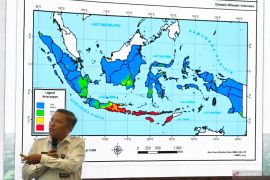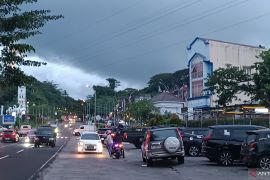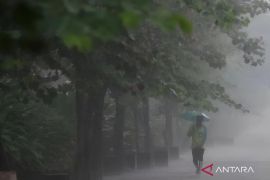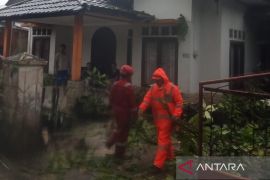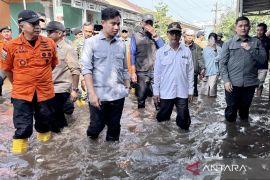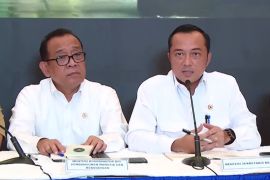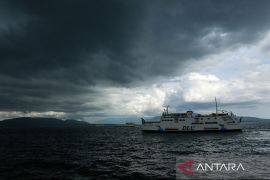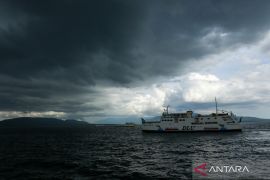More cautious steps are needed to handle people who are affected by disasters and need to be accommodated in evacuation shelters, he said.
“For example, when it comes to evacuation shelters, the evacuees must be conditioned to follow the health protocols. If there is evacuation, rescue, the challenge will also be greater," he remarked at an online dialogue, accessed from here on Friday.
He said 98 percent of potential hydro-meteorological disasters occur in Indonesia and will occur throughout the year.
During the rainy season from December 2021 to January and February 2022, Indonesians will face potential floods, flash floods, and landslides, he cautioned.
Then, during the change in season, there may be heavy rains over a short duration, strong winds, small-scale tornadoes, and hail, he said.
Related news: Some 2,552 disasters struck Indonesia in 2021: BNPB
Meanwhile, from June to September 2022, drought and forest and land fires are expected to occur, he added.
He asserted that currently, most regions in the county have entered the rainy season, especially with the occurrence of the La Nina phenomenon, which can cause the intensity of rainfall to increase by 20–70 percent from normal.
The La Nina phenomenon is expected to continue until the rainy season ends in April 2022, he said.
An increase in rainfall is expected to occur in parts of Sumatra, Java, Bali, West Nusa Tenggara, and parts of Sulawesi, he informed.
For that reason, BMKG will continue to provide information on early detection through impact-based weather forecasts up to the sub-district level throughout the country as well as work to increase the accuracy of information resolution, he informed.
"Public response is no less important. No matter how sophisticated the BMKG tools are, no matter how accurate the information is, no matter how fast the dissemination is, if the public can't understand our information and don't follow it, it will not be optimal," he remarked.
Related news: Tagana personnel receive training on analyzing disasters
Related news: Stay alert for disasters in next five months: Governor Pranowo
Translator: Devi Nindy, Raka Adji
Editor: Suharto
Copyright © ANTARA 2021
